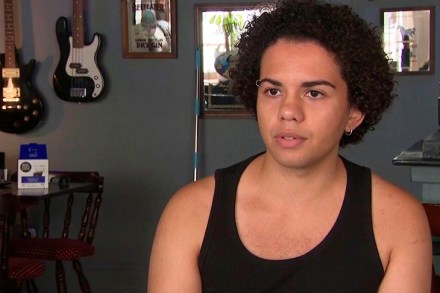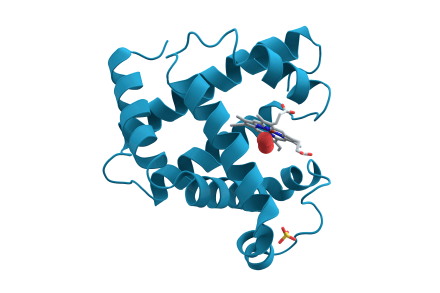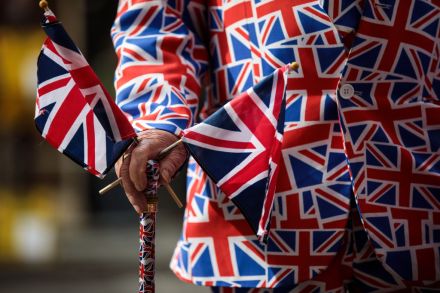The Tavistock is a national scandal
How noble of the British Library to have apologised to the family of the late Poet Laureate Ted Hughes for having identified him as a beneficiary of slavery. The library’s scrupulous and deranged researchers had unearthed evidence that Hughes may have been a distant relative of a man called Nicholas Ferrar, born in 1592, and that Ferrar had some early involvement in the slave trade. Ferrar died childless so the precise link was not known, but it was enough for Liz Jolly’s maniacs to besmirch the man. Ms Jolly is chief librarian and the woman who said that racism was ‘a creation of white people’ — along with body odour,






















